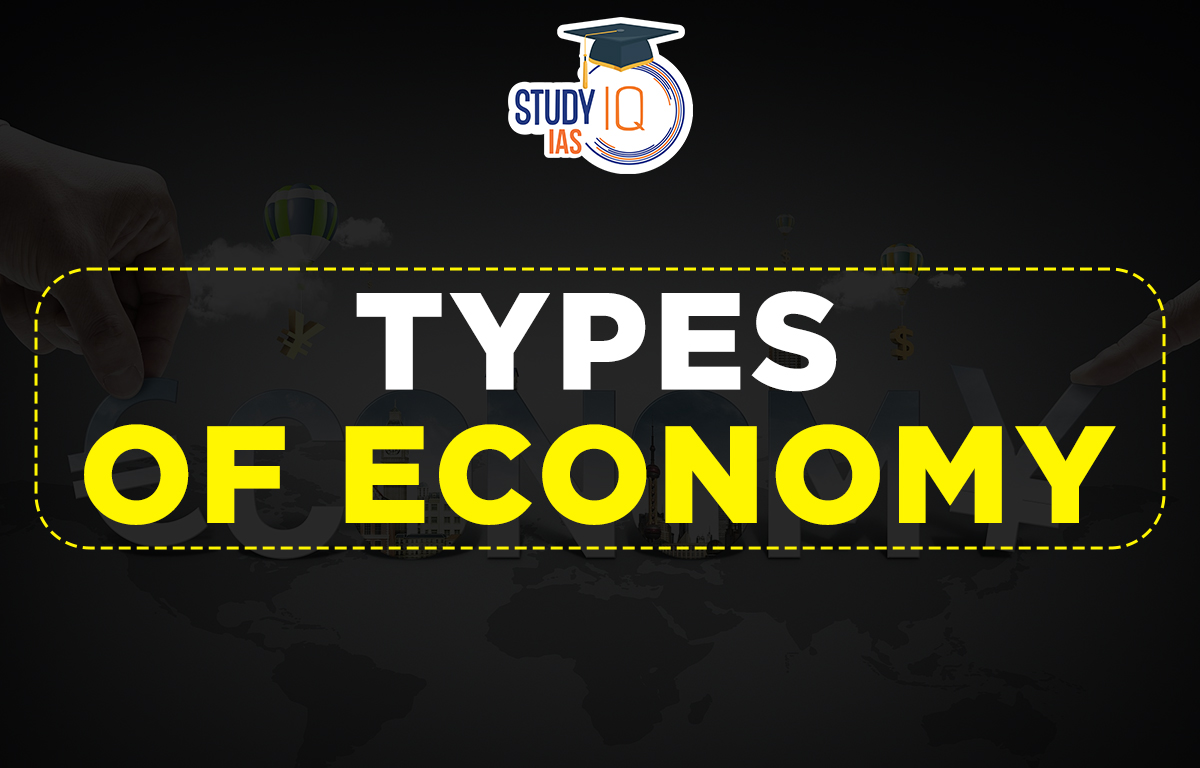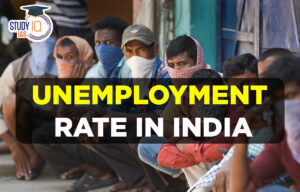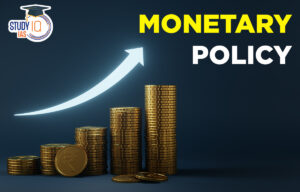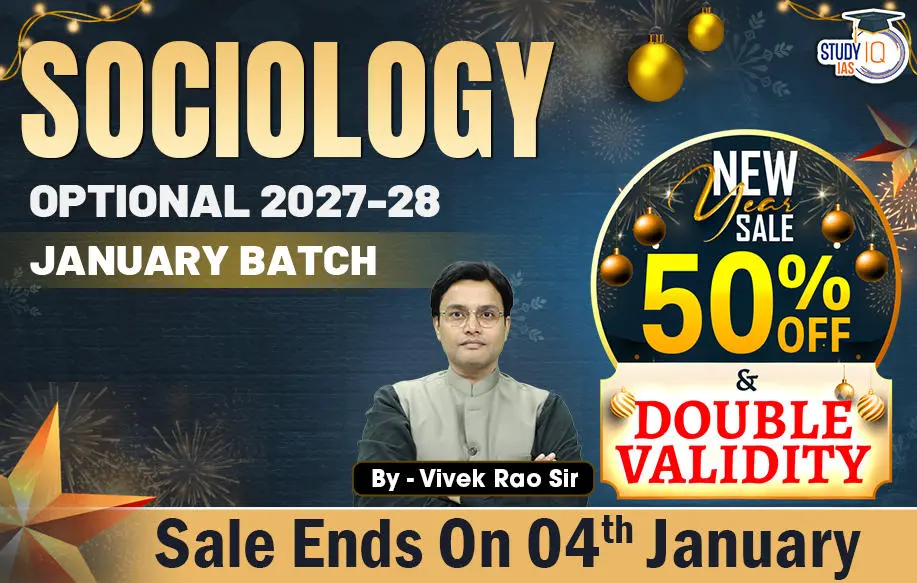Table of Contents
Types of Economy
There are several types of economy, each with its own characteristics and strengths. The most common Types of Economy include Traditional Economy, Command Economy, Market Economy, Mixed Economy, Green Economy, Sharing Economy, Digital Economy, Developed Economy, Emerging Economy, Socialist Economy, Subsistence Economy, Circular Economy and Capitalist Economy.
What is Economy?
Economy refers to the system of production, distribution, and consumption of goods and services in a particular country or region. It is the way in which people and businesses interact to trade and exchange goods and services. The economy can be viewed from a macroeconomic perspective, which focuses on the overall performance of the economy, or from a microeconomic perspective, which looks at individual behaviour and decision-making in the economy.
The economy includes a wide range of activities, such as production, distribution, trade, finance, and consumption. The production of goods and services is carried out by businesses, which employ workers and use resources such as land, capital, and technology to produce goods and services. The distribution of goods and services is facilitated by markets, which allow buyers and sellers to exchange goods and services at a mutually agreed-upon price. The consumption of goods and services is carried out by households and businesses, which use the goods and services produced by the economy to satisfy their needs and wants.
The economy is influenced by a range of factors, such as government policies, global economic conditions, technological advancements, and social and cultural factors. Understanding the economy is essential for policymakers, businesses, investors, and individuals to make informed decisions about economic policies, investments, and consumption.
Read about: India’s GDP Growth Rate
Types of Economic Systems
Economies can be classified into different types based on various criteria. Here are some of the most common Types of Economies:
| S. No | Economy Type | Description |
| 1 | Traditional Economy | An economy in which economic decisions are based on custom, tradition, and ritual. Economic activities are often tied to cultural and social practices. |
| 2 | Command Economy | An economy in which economic decisions are made by a central authority, such as the government. The government controls the production and distribution of goods and services, and individuals have limited control over economic decisions. |
| 3 | Market Economy | An economy in which economic decisions are made by the interaction of buyers and sellers in markets. Prices are determined by supply and demand, and individuals have the freedom to make economic decisions based on their own self-interest. |
| 4 | Mixed Economy | An economy that combines elements of both market and command economies. The government plays a significant role in the economy, but there is also space for private sector participation. |
| 5 | Socialist Economy | An economy in which the means of production are owned and controlled by the state or the community as a whole. The goal is to achieve economic equality and social welfare. |
| 6 | Capitalist Economy | An economy in which the means of production are owned and controlled by private individuals or businesses. The goal is to achieve economic growth and profit. |
| 7 | Developed Economy | An economy that has a high level of economic development, with high per capita income, advanced infrastructure, and a high standard of living. Often characterized by a diversified economy, high levels of industrialization, technological advancement, and a strong service sector. |
| 8 | Emerging Economy | An economy that is in the process of transitioning from a traditional or developing economy to a more modern and advanced economy. Often characterized by rapid economic growth, industrialization, and urbanization. |
| 9 | Subsistence Economy | An economy in which people produce and consume only enough goods and services to meet their basic needs. Often rely on hunting, fishing, and agriculture to produce food, and have little access to modern technology or infrastructure. |
| 10 | Green Economy | An economy that is focused on sustainable development, with a focus on reducing environmental impact and promoting social equity. The focus is on reducing resource consumption and waste generation, promoting sustainable production and consumption patterns, and fostering innovation and collaboration. |
| 11 | Circular Economy | An economy in which resources are used and reused in a closed loop, with little to no waste. The focus is on reducing resource consumption and waste generation, promoting sustainable production and consumption patterns, and fostering innovation and collaboration. |
Types of Economy in India
India’s economy is often described as a mixed economy, with elements of both market and command economies. Here’s a detailed description of the different types of economy in India, along with examples:
| S. No | Types of Economy | Examples | Description |
| 1. | Traditional Economy | Agriculture, Handicrafts | Economic activities are based on traditional customs, beliefs, and practices. |
| 2. | Market Economy | Flipkart, Ola, Paytm, Tata Motors, Reliance Industries | An economic system where goods and services are produced, distributed, and priced according to market forces of supply and demand. |
| 3. | Mixed Economy | State Bank of India, Indian Railways | An economic system that combines elements of both market and command economies, with the government owning and operating some key industries and sectors. |
| 4. | Socialist Economy | Mahatma Gandhi National Rural Employment Guarantee Act, Public Distribution System | An economic system where the government controls and regulates the means of production and distribution of goods and services with the aim of achieving social welfare and equity. |
| 5. | Capitalist Economy | HDFC Bank, Infosys, Maruti Suzuki | An economic system where goods and services are produced, distributed, and priced according to market forces of supply and demand, with private individuals or businesses owning and operating most industries and sectors. |
Read about: National Education Policy
Types of Economy UPSC
The topic of different types of economy is an important topic for the UPSC Syllabus as it is a crucial aspect of the Indian economy and governance system. Understanding the different types of economies, such as traditional, market, mixed, socialist, and capitalist, is crucial for aspirants appearing for UPSC exams to gain a comprehensive understanding of the economic policies and systems in India.
Moreover, for aspirants looking to crack the UPSC exams, it is crucial to have access to quality study materials, coaching, and mock tests. UPSC Online Coaching platforms such as StudyIQ offer comprehensive courses and study materials covering a range of topics including different types of economies, while also providing UPSC Mock Test to help aspirants prepare for the UPSC exams.
Read about: GDP of Indian States


 Purchasing Power Parity Index, How to Ca...
Purchasing Power Parity Index, How to Ca...
 Unemployment Rate in India, Current Rate...
Unemployment Rate in India, Current Rate...
 RBI Monetary Policy Committee: Repo Rate...
RBI Monetary Policy Committee: Repo Rate...

























